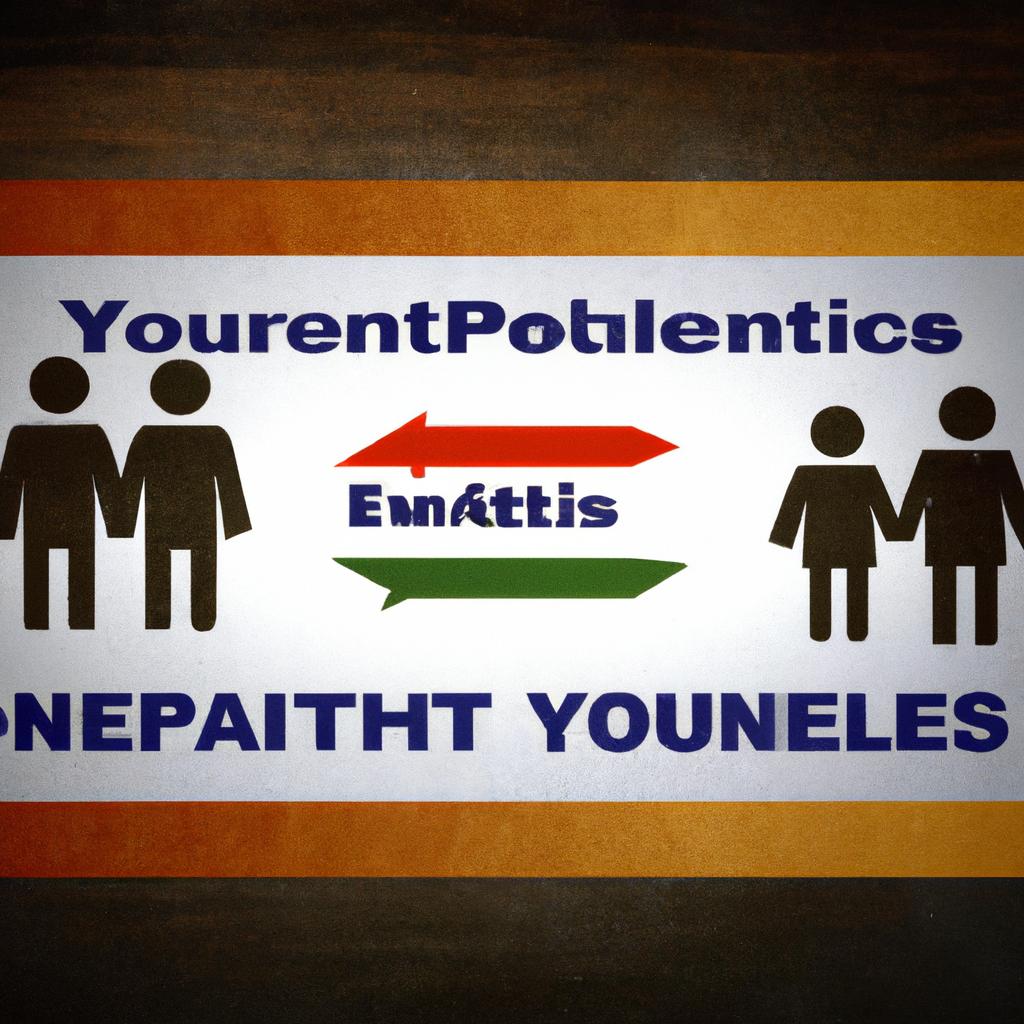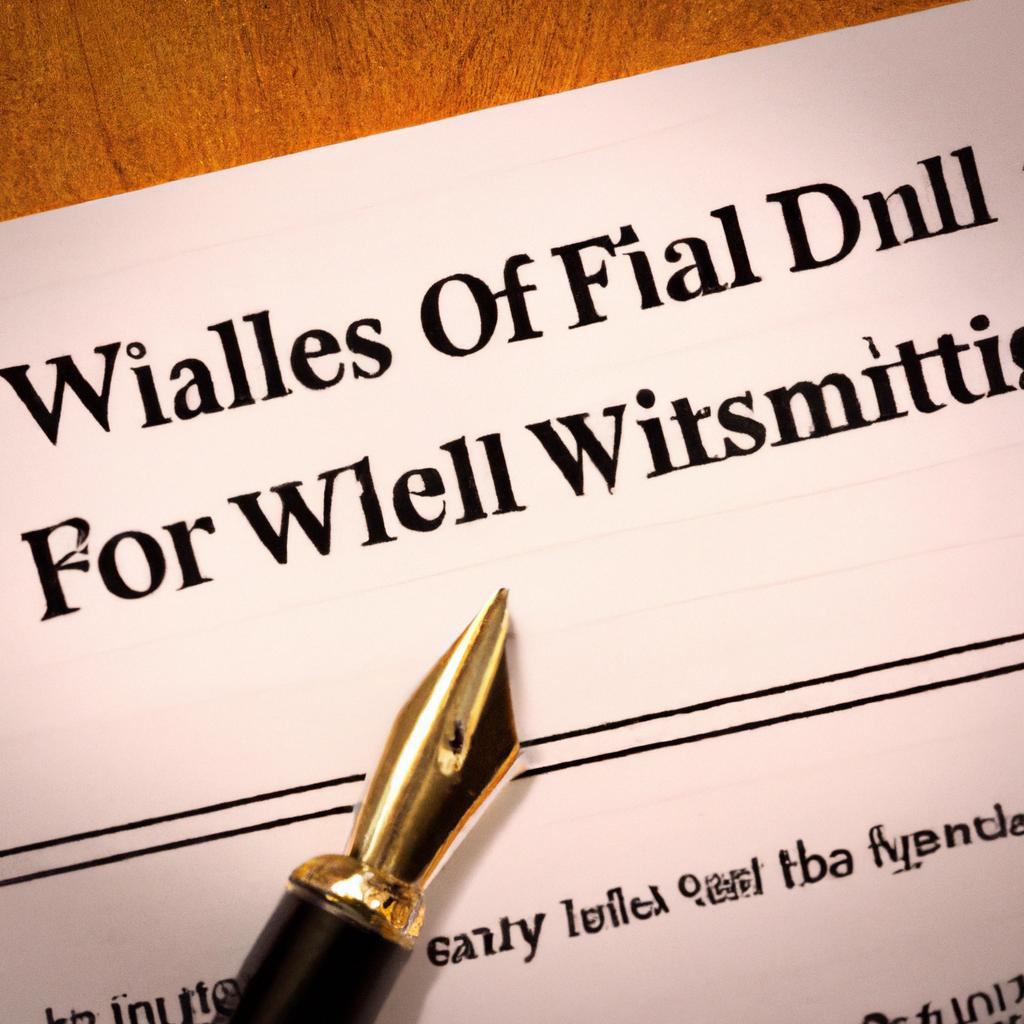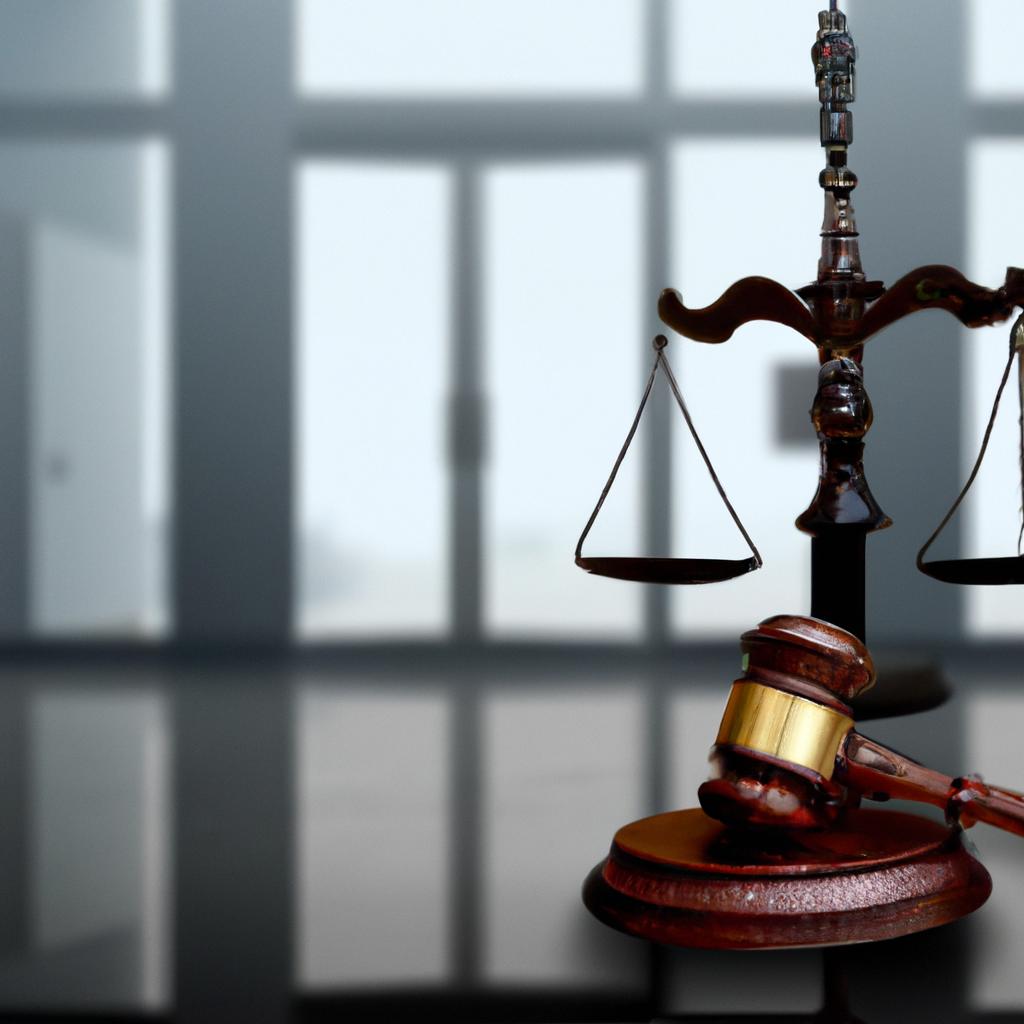When it comes to the inevitability of death, most individuals are understandably hesitant to contemplate the fate of their assets once they pass away. However, failing to do so can have significant legal implications for loved ones left behind. In the absence of a properly executed will, the dispersion of one’s estate is subject to the intricate laws of intestacy. At Morgan Legal Group, we specialize in navigating the complex landscape of estate planning, probate, and trusts to ensure that your assets are distributed according to your wishes. Join us as we explore the repercussions of dying without a will and the potential ramifications for those left behind.
Intestate Succession: Distribution of Assets Without a Will
When an individual passes away without a valid will in place, their assets are distributed according to the laws of intestate succession. This means that the state will determine how the deceased person’s assets are divided among their heirs. It is important to note that intestate succession laws vary from state to state, so the distribution of assets may differ depending on where the deceased person lived.
In general, assets will be distributed to the deceased person’s closest living relatives, such as their spouse, children, parents, siblings, or other relatives. If the deceased person has a spouse but no children, the spouse will typically inherit all of the assets. However, if the deceased person has children or other relatives, the assets may be divided among them according to a predetermined formula set by state law. It is crucial for individuals to create a will to ensure that their assets are distributed according to their wishes and to avoid any potential conflicts among family members.
The Role of Probate Court in Handling Intestate Estates
When someone passes away without a will, their assets are distributed according to the laws of intestacy in their state. In New York, the probate court plays a crucial role in handling intestate estates. The court appoints an administrator to oversee the distribution of the deceased person’s assets, pay off any debts, and resolve any disputes among heirs.
The probate court will first determine who the legal heirs of the deceased person are and the proportion of the estate they are entitled to receive. **The distribution process can be complex and time-consuming**, especially if there are multiple heirs with conflicting claims. It is crucial for individuals to create a will to ensure their assets are distributed according to their wishes and to avoid the complications that can arise in intestate estates.

Potential Disputes Among Heirs and Beneficiaries
When an individual passes away without a will, their assets are distributed according to the laws of intestacy in the state where they resided. This can often lead to , as the distribution may not align with the deceased’s wishes. In these cases, it is crucial to seek legal guidance to navigate the complexities of estate planning and ensure a fair distribution of assets.
In the absence of a will, the court will appoint an executor to handle the estate and oversee the distribution of assets. This process can be lengthy and costly, leading to further disagreements among family members. To avoid , it is essential to create a comprehensive estate plan that clearly outlines your wishes and ensures a smooth transition of assets to your loved ones.

Key Strategies for Avoiding the Pitfalls of Dying Without a Will
When someone passes away without a will, their assets are distributed according to the intestacy laws of the state where they resided. This can lead to a lengthy and costly probate process, as well as unwanted outcomes for their loved ones. To avoid these pitfalls, it is crucial to take proactive steps to create a will and ensure that your wishes are carried out after your passing. Consider the following key strategies:
- Estate Planning: Work with an experienced attorney to create a comprehensive estate plan that includes a will, trusts, and other necessary documents to protect your assets and ensure a smooth distribution.
- Regular Updates: Regularly review and update your will to reflect any changes in your assets, beneficiaries, or wishes to avoid any confusion or disputes after your passing.
- Beneficiary Designations: Assign beneficiaries to your bank accounts, retirement funds, and life insurance policies to ensure that they are distributed directly to the intended recipients outside of probate.
Q&A
Q: What happens to someone’s assets when they die without a will?
A: When someone dies without a will, their assets will be distributed according to the laws of intestacy.
Q: What is intestacy?
A: Intestacy is the legal process by which a person’s assets are distributed when they die without a will.
Q: Who determines how the assets are distributed in the case of intestacy?
A: The laws of intestacy determine how the assets are distributed, usually starting with the deceased person’s closest living relatives.
Q: What happens if there are no living relatives?
A: If there are no living relatives, the assets may be seized by the state.
Q: Can intestacy be avoided?
A: Intestacy can be avoided by creating a will and clearly outlining how you want your assets to be distributed after your death.
Q: What are the benefits of having a will?
A: Having a will ensures that your assets are distributed according to your wishes and can help avoid disputes among family members.
Q: What should be included in a will?
A: A will should include the names of beneficiaries, a list of assets, and instructions for how those assets should be distributed.
The Conclusion
In conclusion, the fate of someone’s assets when they pass away without a will can be a complex and difficult process. It is important to consider the implications of not having a will in place and the potential impact it can have on loved ones left behind. Planning ahead and creating a will ensures that your wishes are carried out and that your assets are distributed according to your desires. Ultimately, taking the time to organize your affairs can provide peace of mind for both you and your loved ones in the future.

